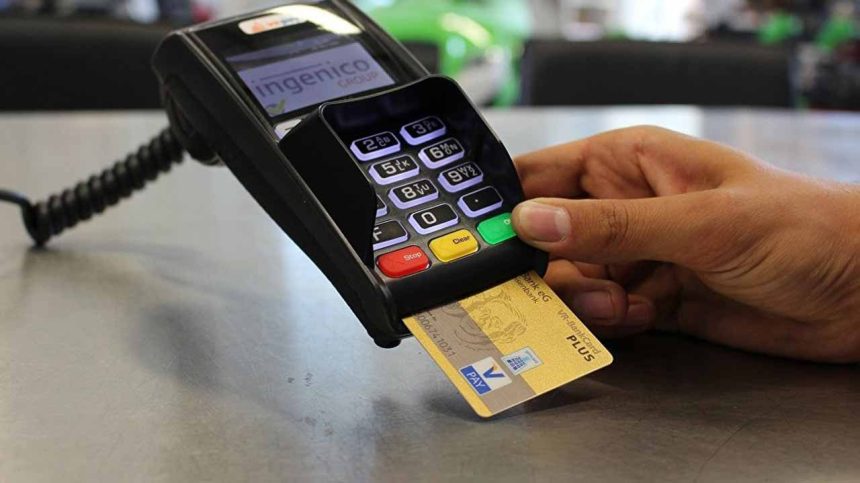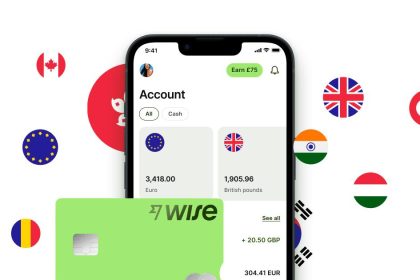With a vibrant mobile money ecosystem and a supportive regulatory environment, Ghana has seen the emergence of many fintech companies that offer a range of digital financial services to consumers and businesses.
However, some observers have raised concerns that Ghana’s consumer fintech space may be losing its momentum and becoming stagnant.
In this article, we will explore the current state of Ghana’s consumer fintech space, the challenges it faces, and the opportunities for future growth.
The current state of Ghana’s consumer fintech space
According to a report by The Fintech Times, Ghana has around 100 fintech companies, most of which are focused on payment solutions. Some of the prominent players include MTN Mobile Money, Zeepay, Hubtel, and Expresspay. These companies enable users to send and receive money, pay bills, buy airtime, shop online, and access other financial services using their mobile phones.
According to the Bank of Ghana, there were 40.9 million registered mobile money accounts and 17.5 million active accounts in 2021, with a total value of transactions reaching 569.8 billion cedis (about $97 billion).
Ghana is one of the top recipients of remittances in Africa, with an estimated $4.7 billion received in 2022. Fintech companies can leverage technology to offer cheaper, faster, and more convenient remittance services to Ghanaians living abroad and their families back home.
Besides payment solutions, Ghana also has fintech companies that operate in other subsectors, such as insurance, blockchain, security trading, agriculture, and buy now pay later (BNPL).
Challenges Facing Ghana’s consumer fintech space
Despite the impressive growth and diversity of Ghana’s consumer fintech space, some challenges hinder its further development. Some of these challenges are:
- Competition: Ghana’s consumer fintech space is becoming crowded and competitive, with many players offering similar products and services. This may lead to price wars, customer churn, and reduced profitability for fintech companies.
- Regulation: Ghana has a progressive regulatory framework for fintech, with the Bank of Ghana being the main regulator. However, other regulators oversee different aspects of fintech activities, such as the Data Protection Commission (DPC), the Securities and Exchange Commission (SEC), and the National Insurance Commission (NIC). This may create confusion and inconsistency for fintech companies and consumers.
- Innovation: Ghana’s consumer fintech space may be reaching a saturation point in terms of innovation. Most of the existing products and services are based on mobile money platforms or aggregators that do not offer much differentiation or value addition for consumers. There is a need for more disruptive and transformative innovations that can address the pain points and needs of consumers in new ways.
Opportunities for future growth of Ghana’s consumer fintech space
Despite the challenges mentioned above, Ghana’s consumer fintech space also has many opportunities for future growth. Some of these opportunities are:
- Financial inclusion: Ghana still has a large unbanked population that can be reached by fintech solutions. According to the World Bank’s Global Findex Database 2021, 68% of adults in Ghana had an account at a financial institution or a mobile money provider. This means that there is still a huge potential market for fintech companies to tap into.
- Cross-border remittances: Ghana is one of the top recipients of remittances in Africa, with an estimated $4.7 billion received in 2022. Fintech companies can leverage technology to offer cheaper, faster, and more convenient remittance services to Ghanaians living abroad and their families back home.
- Data analytics: Data is becoming a valuable asset for fintech companies to understand their customers better and offer personalized products and services. Fintech companies can use data analytics to segment their customers based on their behavior patterns, preferences, needs, and risks.
- Artificial intelligence: Artificial intelligence (AI) is a powerful tool for fintech companies to automate processes, improve efficiency, reduce costs, enhance security, and generate insights. Fintech companies can use AI to perform tasks such as fraud detection, credit scoring, customer service, and marketing.
Conclusion
Ghana’s consumer fintech space has achieved remarkable growth and diversity over the past few years, but it also faces some challenges that may limit its further development.
However, there are also many opportunities for future growth that can be exploited by fintech companies that are willing to innovate and adapt to the changing needs and expectations of consumers. Ghana’s consumer fintech space is not stagnant, but it needs to evolve and reinvent itself to remain relevant and competitive in the digital economy.
Catch up on news and other tidbits on our WhatsApp Community Page, Twitter/X, and subscribe to our weekly newsletter to ensure you don’t miss out on any news.










